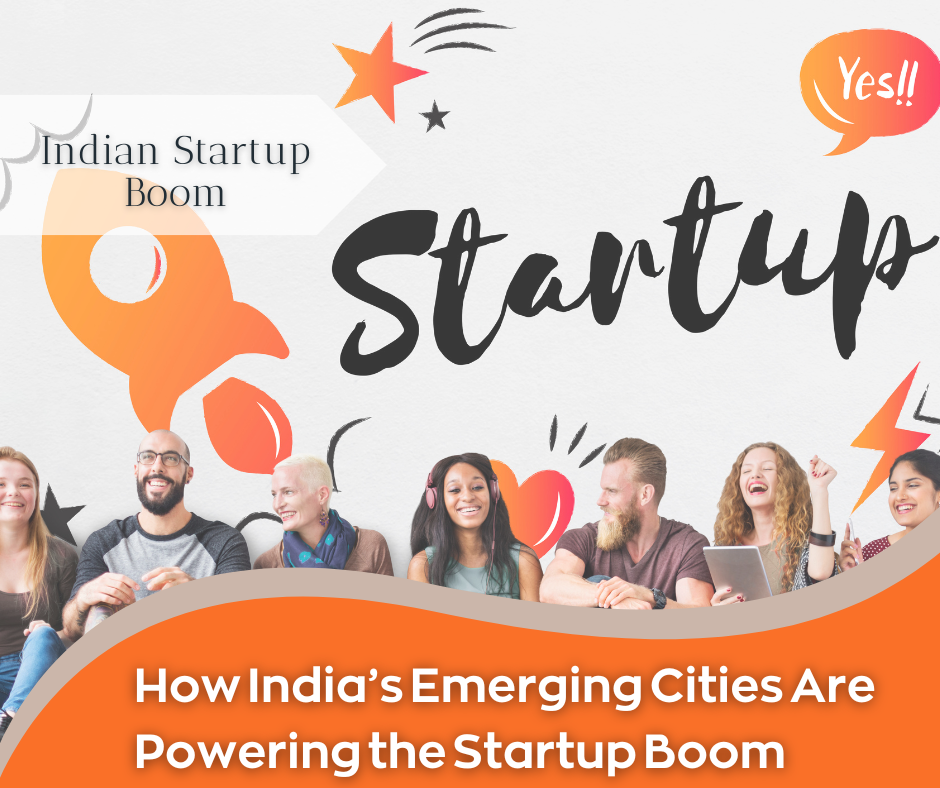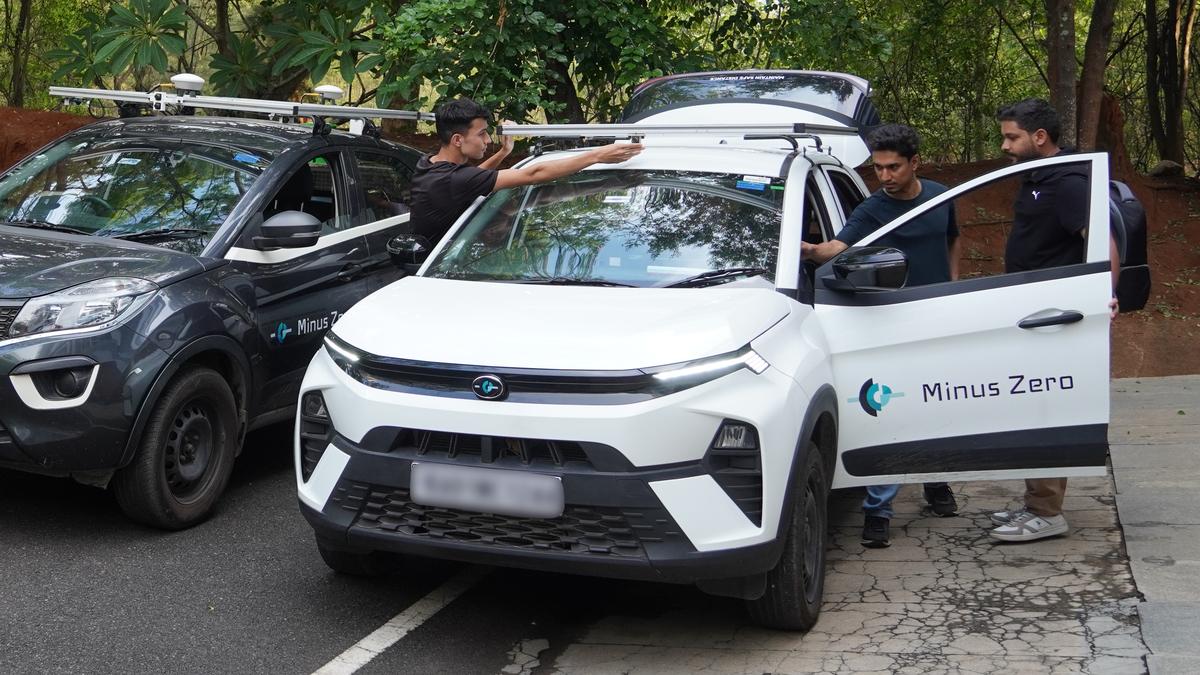
When we think of India’s startup ecosystem, Bengaluru (Bangalore) and Mumbai often dominate the conversation. Bengaluru is celebrated as the “Silicon Valley of India,” while Mumbai is home to unicorns, investors, and a dynamic financial backbone. But beyond these metros, a quiet revolution is unfolding—India’s smaller cities and towns are becoming breeding grounds for innovation, entrepreneurship, and scalable startups.
The Rise of Tier-2 and Tier-3 Cities
In recent years, Tier-2 and Tier-3 cities have seen a surge in entrepreneurial activity. Improved internet penetration, better access to funding, and government initiatives like Startup India are helping to level the playing field. Cities such as Jaipur, Kochi, Pune, Lucknow, Indore, and Bhubaneswar are no longer on the sidelines—they are actively shaping India’s startup story.

Why Founders Are Choosing Smaller Cities
- Lower Operating Costs: Real estate, salaries, and general expenses are far more affordable than in Bengaluru or Mumbai.
- Talent Pool Availability: With top universities in cities like Pune, Indore, and Lucknow, startups are tapping into skilled graduates who prefer working closer to home.
- Quality of Life: Many entrepreneurs are choosing a balance between work and personal life, which smaller cities can provide.
- Government Support: State-led incubators and innovation parks are encouraging local entrepreneurship.
Examples of Emerging Hubs
- Jaipur: Known for startups in travel tech, logistics, and handicraft e-commerce.
- Kochi: A growing hub for marine tech, fintech, and IT services.
- Indore: Making strides in health tech, edtech, and food delivery startups.
- Lucknow: Rising in SaaS, agritech, and manufacturing tech.
- Bhubaneswar: Gaining recognition for IT services, AI-driven solutions, and engineering startups.
The Challenges They Face
While these hubs are growing fast, challenges remain:
- Limited access to venture capital compared to metro cities.
- Fewer accelerators and mentorship networks.
- Difficulty in scaling globally without strong local ecosystems.
Yet, digital connectivity and remote collaboration tools are bridging many of these gaps, allowing founders in smaller cities to access global markets and networks.
Top 5 AI Tools Powering Indian Startups: A Fresh Look for Rawatly
The Road Ahead
India’s next wave of unicorns may very well emerge from these hidden hubs. With rising investor interest in underexplored markets, the decentralization of innovation is set to accelerate. As infrastructure improves and more success stories emerge, Tier-2 and Tier-3 cities will no longer be seen as “alternatives” but as primary drivers of India’s startup future.
Final Thought: The story of India’s startups is no longer confined to Bengaluru and Mumbai. From the pink city of Jaipur to the coastal dynamism of Kochi, these hidden innovation hubs are proving that groundbreaking ideas can thrive anywhere. The future of Indian entrepreneurship is diverse, inclusive, and powered by innovation beyond the metros.





























